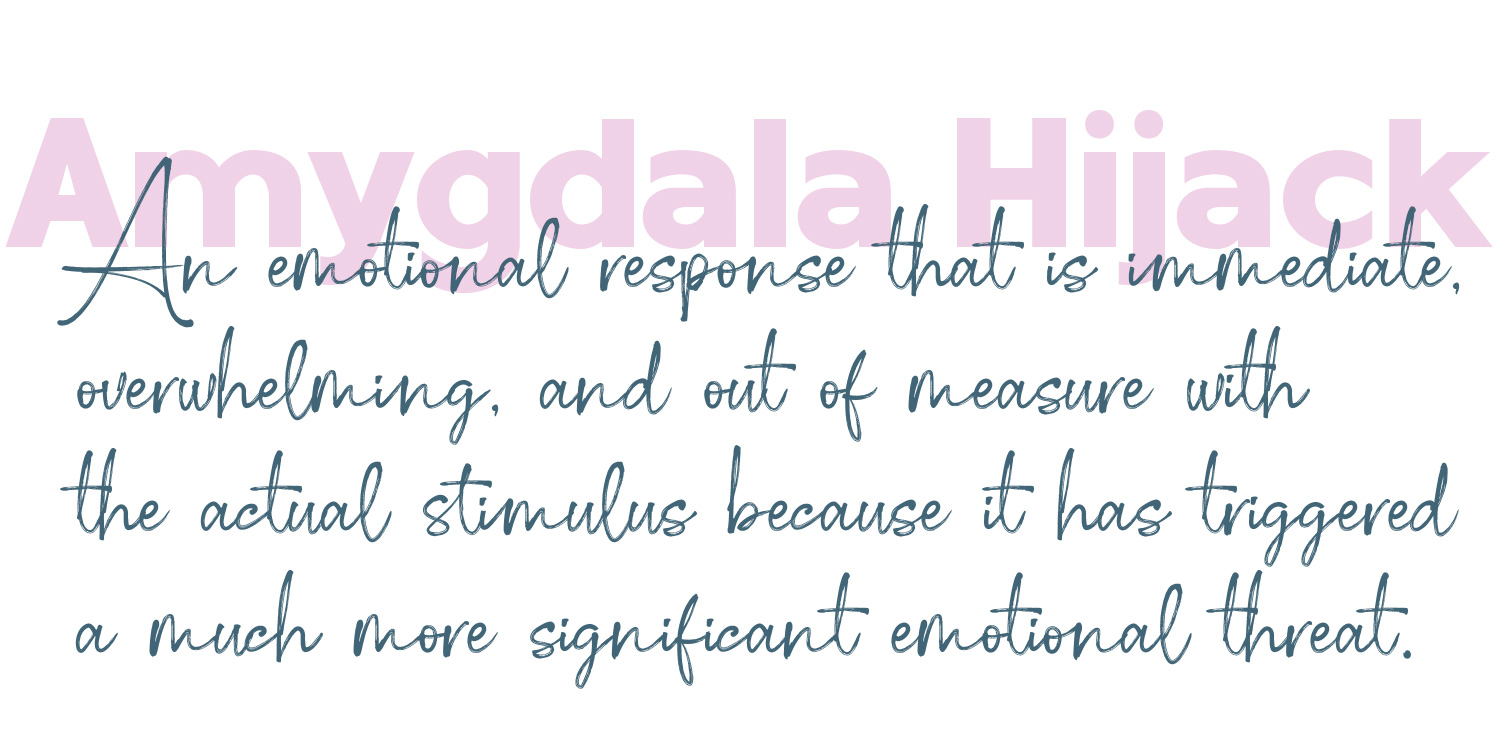It is said that the only constant in life is change. And while that may be a truth, right now, I would like to explore the idea that the only constant in our lives is, well, us.
We are the fundamental element in our lives. We take ourselves with us wherever we go.
This is not a new concept (seen the meme, and bought the t-shirt). But have you ever really stopped and considered the vast implications of this beyond a cursory “well, duh?”
Sure, we take our physical bodies wherever we go. But, more importantly, we take all of us.
We take our thoughts.
Our emotions.
Our beliefs.
We take the experiences that have shaped our lives.
We take our knowledge and our opinions.
We take our personality, our preferences, our inclinations, our habits, our moods, our reactions.
We take the best of us and, we take the worst of us.
Our Personal Worldview
There are so many aspects within each of us and these aspects form the filter of our personal worldview. Every stimulus, every thought we have, passes through our filter and, no doubt, emerges from us like waves of light that refract into a rainbow of colors as they pass through a prism. We see a dog, for example, and that image is instantly transformed by our filters about dogs. We may love dogs and ooh and ahh with glee as what our filter refracts is interpreted as cute, fluffy, love dogs, pet the dog, I want a dog and so on. Or we may have a fear of dogs and our filters remind us that we were once attacked by a dog, that they are monsters, can’t be trusted, are a serious threat and I must frantically scramble to safety. This is how our personal model of the world works and that is what we take wit us wherever we go.
Now, let’s discuss something central to executing our personal model in everyday life; our brains.
Our Brains
The brain is a complex organ. It weighs only about three pounds, yet it controls our thoughts, memories, emotions, our senses, and every single process that regulates our body. Multiple parts comprise brain anatomy, but what we’re going to specifically discuss right now is the limbic system as that part of our brain plays an enormous role in our behavior.
Why?
Because it is the system primarily responsible for our responses to stimuli; in other words, it is the system linked to how we react to events in our environment and how we react reflects our personal model of the world.

Our Limbic System
Our limbic system is our body’s emergency reaction command center. It evolved as a survival mechanism to enable us to react quickly to life-threatening situations and almost instantly sets off a cascade of stress hormones and physiological responses that enable us to fight a threat or flee to safety. Encounter a mountain lion along a hiking trail? It’s the limbic system that interprets the mountain lion as a threat and activates other body systems needed to support our fight or flight response.
- It causes our hearts to beat faster and our pulse rate and blood pressure to increase.
- It initiates more rapid breathing to increase oxygen levels readying us for action.
- It boosts our senses and our alertness and releases blood sugar to provide additional energy potentially needed by the body to respond to the danger at hand.
All of this happens so quickly that the stress response is initiated before our visual system fully processes that we even saw a mountain lion. This happens outside of our immediate awareness in an instant. That is why we can jump out of the way of a car careening through the light before we even have a chance to consciously register what is happening. Once the threat is over and we feel we’ve reached safety, our limbic system calms us and returns our bodies to their normal state. It’s quite an extraordinary system. The thing is, this system isn’t called into play only in life-threatening situations, daily aggravations can also trigger this response. Even sharing a story of about an event triggers this response. For example, when my dad would share his frustrations at work with my mom, she would always say “Joe, don’t relive it! Just tell me about it!” as we watched his face turn red, his breathing increase, his voice get more excited and his blood pressure rise as he told us the story.
The limbic system has multiple parts. One of those is the amygdala. While science is learning more and more about the amygdala, such as its role in the formation of positive memories, it is best known for its function in detecting threats and activating our fear response. The amygdala is small but mighty and can completely override the thinking and rational part of our brain, the prefrontal cortex, in an instant. When this happens, it’s called an amygdala hijack. A good thing if you’re lightning quick reflexes are needed to avoid a harrowing event. Not so good when we overreact to situations when not warranted.
Example of an Amygdala Hijack
A common one is road rage.
Many of us have experienced that person that is so angered with a driver that cut them off. They speed up and weave recklessly in and out of traffic simply to catch up with that driver, now risking the safety of other motorists on the road and the passengers in their car themselves. And what do they do when we get alongside that vehicle? They take their eyes off the road to glare at them, loudly hurl verbal insults, shake their fists and, quite possibly, offer a well-known hand gesture with all the intensity they can muster while their passengers, who have now had their fear fully activated, scream at them to please stop. That is an amygdala hijack. Various emotions and stimuli enlist the aid of the amygdala in mounting a stress response, not just anger and life-threatening situations.

What Triggers a Stress Response for You?
Now that we understand this type of human response, I want to ask you to begin noticing what triggers a stress response for you. Note how frequently you experience them throughout the day. Reflect on times you’ve experienced emotional outbursts or an overwhelming sense of fear. Is it when a bee buzzes by your table at an outdoor café? Or a song you hear that causes you to feel overwhelming sadness? Or is it when you’ve instructed your partner how to properly load a dishwasher a bazillion times and they still cannot do it ‘correctly?’ Or how about when someone criticizes you?
Situations that trigger you to lose emotional control are worth investigating. They are clues to our personal view of our world and if these types of behaviors/reactions are a constant in your life, we might want to do a little digging to determine what’s causing that behavior. I’m certain that you would be happier and healthier not living on an emotional rollercoaster or at the mercy of your amygdala.
Subscribe to our newsletter for an exercise to help you identify your triggers.
Positively empowering you™,
Stacie





